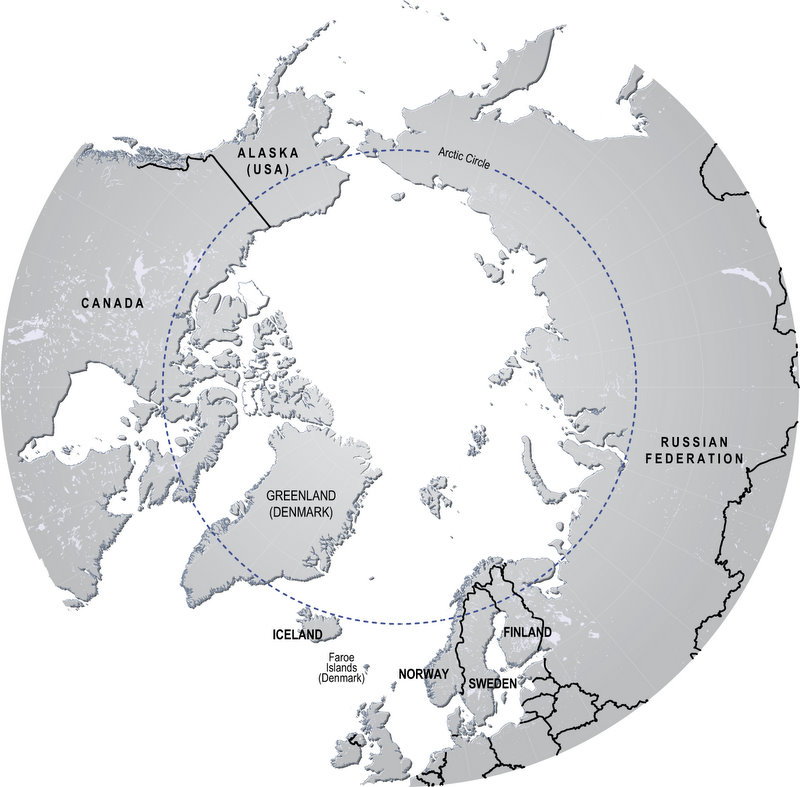
Offshore Oil Drilling in the Arctic
In conjunction with The Arctic Institute
By Nicholas Cunningham
Due to rising global temperatures, sea ice in the Arctic is melting quickly, opening up vast new frontiers to oil and gas development.
This paper evaluates several reasons why the rush by oil companies into the Arctic should be considered more closely. Harsh drilling conditions, unproven oil spill response, inadequate science, and fragile ecosystems pose real reasons for caution.
Whether or not the U.S. government allows a full exploitation of the Arctic, both onshore and offshore, and whether private companies fully embrace oil and gas drilling in the Arctic, this paper presents important issues that should be considered by supporters, opponents, and policymakers looking at opening up the region to drilling.
There should be a full examination of the issues raised in this paper. In order to safely exploit the untapped energy resources in the offshore Arctic region, a new legislative, safety and technological framework will need to be established.
The views presented in this perspective paper are the author’s alone, and do not necessarily represent the views and policy of the American Security Project or its board.
Summary
- U.S. controlled waters off the North Slope of Alaska hold an estimated 29 billion barrels of oil – about one-third of total oil reserves believed to be in the Arctic.
- The Arctic presents unique safety risks for offshore drilling, including harsh storms, sea ice, poor infrastructure, and long distances from response centers. However, drilling in the Arctic will be conducted at shallower depths relative to the Gulf of Mexico.
- In the wake of the BP/Deepwater Horizon incident, there has been very little legislative or regulatory reform to improve drilling safety.
- Oil spill response capabilities have not substantially improved in decades. The ability to respond to a catastrophic blowout in Arctic waters is questionable.
- The U.S. Coast Guard does not have a permanent presence in the Arctic and it is doubtful that it would be able to adequately respond to an oil spill.
- The impact of drilling in the Arctic on the environment is unknown, and scientific knowledge of Arctic ecosystems is lacking.
You can download the report here, or read it below
Offshore Oil Drilling in the Arctic







[…] Offshore Oil Drilling in the Arctic […]
[…] of offshore oil drilling in the Arctic check out ASP Policy Analyst Nicholas Cunningham’s work on the subject). However, this future quickly turns […]
[…] oil drilling, check out ASP’s paper “Offshore Oil Drilling in the Arctic,” by clicking here. Be Sociable, Share! […]
[…] Nick Cunningham wrote a report about the risks of offshore oil drilling in the artic, which you can read here. […]
[…] Offshore Oil Drilling in the Arctic […]